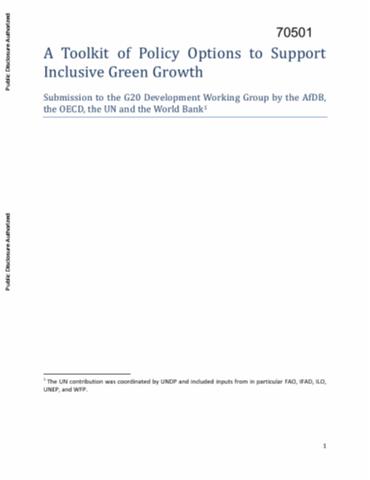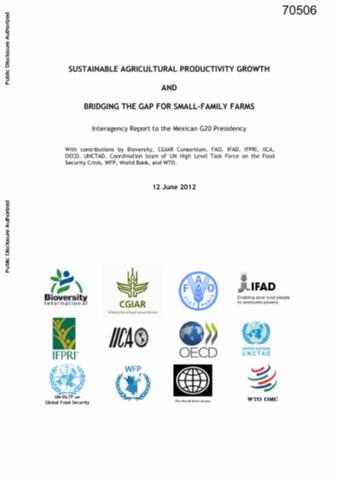Mission
The mission of the Organisation for Economic Co-operation and Development (OECD) is to promote policies that will improve the economic and social well-being of people around the world.
The OECD provides a forum in which governments can work together to share experiences and seek solutions to common problems. We work with governments to understand what drives economic, social and environmental change. We measure productivity and global flows of trade and investment. We analyse and compare data to predict future trends. We set international standards on a wide range of things, from agriculture and tax to the safety of chemicals.
We also look at issues that directly affect everyone’s daily life, like how much people pay in taxes and social security, and how much leisure time they can take. We compare how different countries’ school systems are readying their young people for modern life, and how different countries’ pension systems will look after their citizens in old age.
The OECD’s core values
- Objective: Our analyses and recommendations are independent and evidence-based.
- Open: We encourage debate and a shared understanding of critical global issues.
- Bold: We dare to challenge conventional wisdom starting with our own.
- Pioneering: We identify and address emerging and long term challenges.
- Ethical: Our credibility is built on trust, integrity and transparency.
Members:
Resources
Displaying 16 - 20 of 25Food security needs policy coherence
The 2013 OECD publication "Better Policies for Development" emphasises that building global food security requires a cross-cutting approach to policy coherence for development. It explores ways in which more coherent policies in advanced, emerging and developing economies alike, as well as, globally can contribute to improved global food security.
Due Diligence Guidance for Responsible Supply Chains of Minerals from Conflict-Affected and High-Risk Areas
This Guidance sets out the steps companies involved in minerals supply chains should take to identify and address actual or potential risks in order to prevent or mitigate adverse impacts associated with their activities. It provides guidance on how they can apply due diligence for responsible supply chains of minerals from conflict-affected and high-risk areas as an on-going, proactive and reactive process through which they respect human rights and do not contribute to conflict.
A Toolkit of Policy Options to Support Inclusive Green Growth
In 2012, the Mexican Presidency of the G20 introduced inclusive green growth as a cross-cutting priority on the G20 development agenda. The second meeting of the G20 Development Working Group (DWG), hosted by the Government of the Republic of Korea, took place in Seoul the 19th and 20th of March 2012. As agreed during the first DWG meeting, this second meeting focused on the priorities for their presidency in the first half of 2012: infrastructure, food security and inclusive green growth (IGG).
Incorporating Green Growth and Sustainable Development Policies into Structural Reform Agendas
This report examines how green growth and sustainable development policies can be incorporated into structural reform agendas. Indeed, as demonstrated in the report, many of these policies are closely linked and synergistic with the framework policies applied by G20 governments in their efforts to pursue strong and sustainable growth.
Sustainable Agricultural Productivity Growth and Bridging the Gap for Small-Family Farms
Global agriculture will face multiple challenges over the coming decades. It must produce more food to feed an increasingly affluent and growing world population that will demand a more diverse diet, contribute to overall development and poverty alleviation in many developing countries, confront increased competition for alternative uses of finite land and water resources, adapt to climate change, and contribute to preserving biodiversity and restoring fragile ecosystems.






